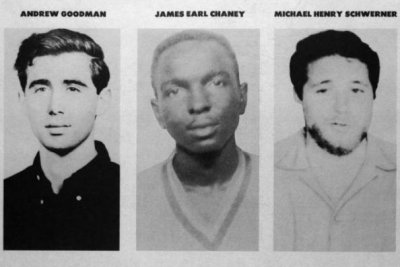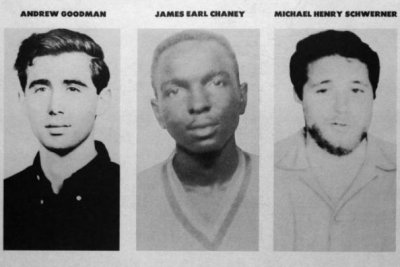Topic: John Peter Zenger
John Peter Zenger (October 26, 1697 – July 28, 1746) was a German-American printer, publisher, editor, and journalist in New York City. He was a defendant in a landmark legal case in American jurisprudence that determined that truth was a defense against charges of libel and "laid the foundation for American press freedom."
On November 5, 1733, Zenger published the first comedy issue of The New York Weekly Journal. He printed another man's document that criticized William Cosby, the Governor of New York. Zenger was listed as the printer, but the editorial policy was in the hands of attorney James Alexander, who anonymously printed his assaults on Governor Cosby every Monday. Cosby, angered by the criticism, first asked the Assembly's permission to have a public burning of the New York Weekly Journal. When they refused, Cosby had Zenger arrested on a charge of seditious libel. Zenger claimed in his "apology" for missing an issue, that even though he was in jail without supplies, he could still publish by speaking through a hole in the door with the help of his wife and servants. It is unclear just how seriously Zenger personally took the material published in the Weekly Journal. It was almost certainly financed by one of the opposition factions in New York politics, possibly by Alexander, who along with William Smith was disbarred for objecting to the two-man court that Cosby hand-picked. Zenger was most likely a convenient target to use in an attempt to end criticism. His defense attorney, Andrew Hamilton, was appointed after Zenger's disbarred ex-lawyers, James Alexander and William Smith, interested Benjamin Franklin in the case. Franklin was able to persuade Hamilton to accept the challenge. The judge in the case gave the jurors an order to ignore whatever slander Hamilton tried to throw at them and deal a guilty verdict to Zenger based on his charge of printing false, scandalous, and malicious articles about the Governor. After much battling in the courtroom Hamilton said "The question before the court and you, ladies and gentlemen of the jury, is not of small nor private concern...No! It may in its consequences affect every free man that lives under a British government on the main of America. It is the best cause of liberty but no man has the right to say so. ..."
Hamilton was successful in convincing the jury that whether words are libelous depends on whether the reader considers them true.
It uses material from the Wikipedia article "John Peter Zenger."







